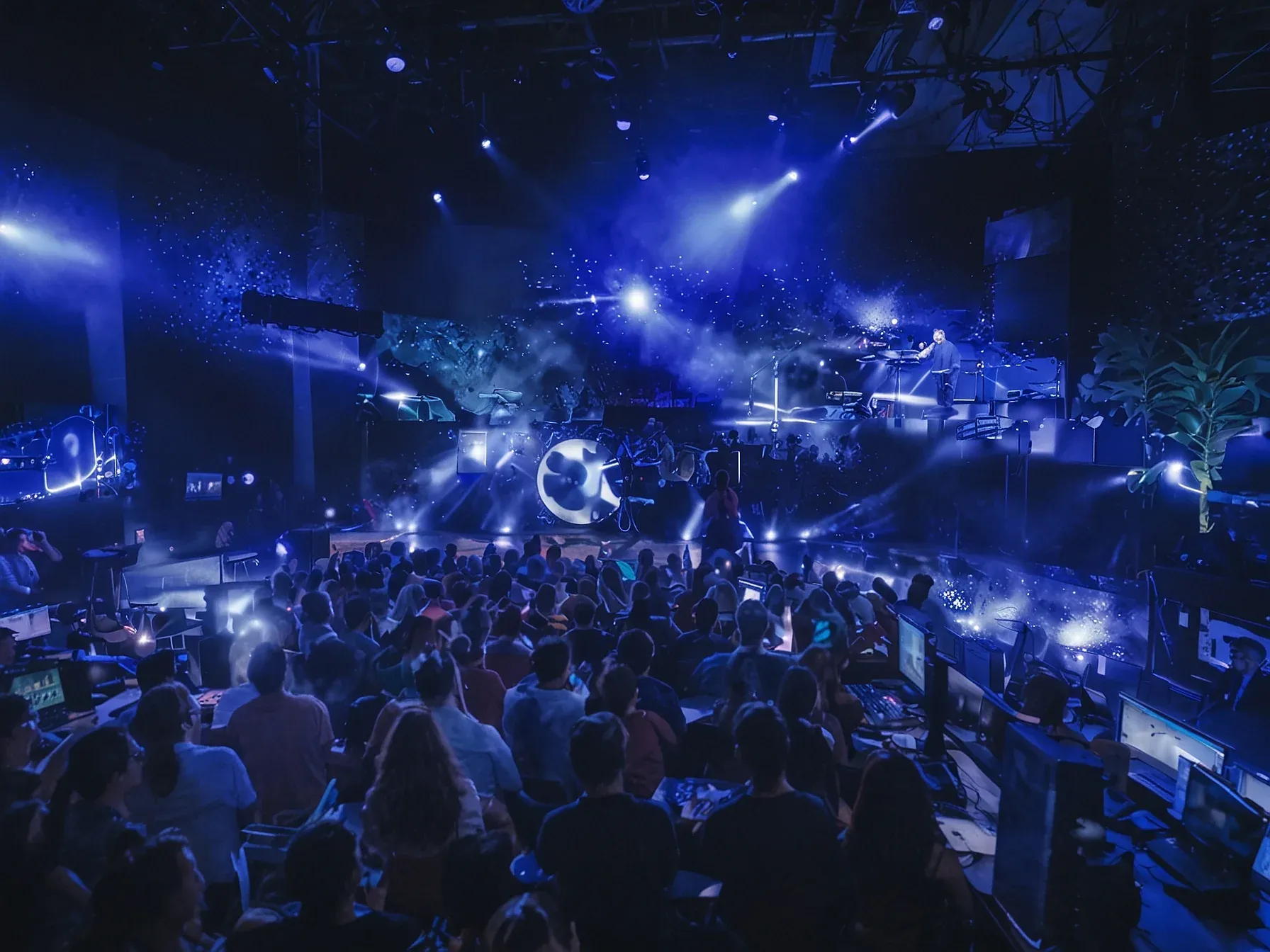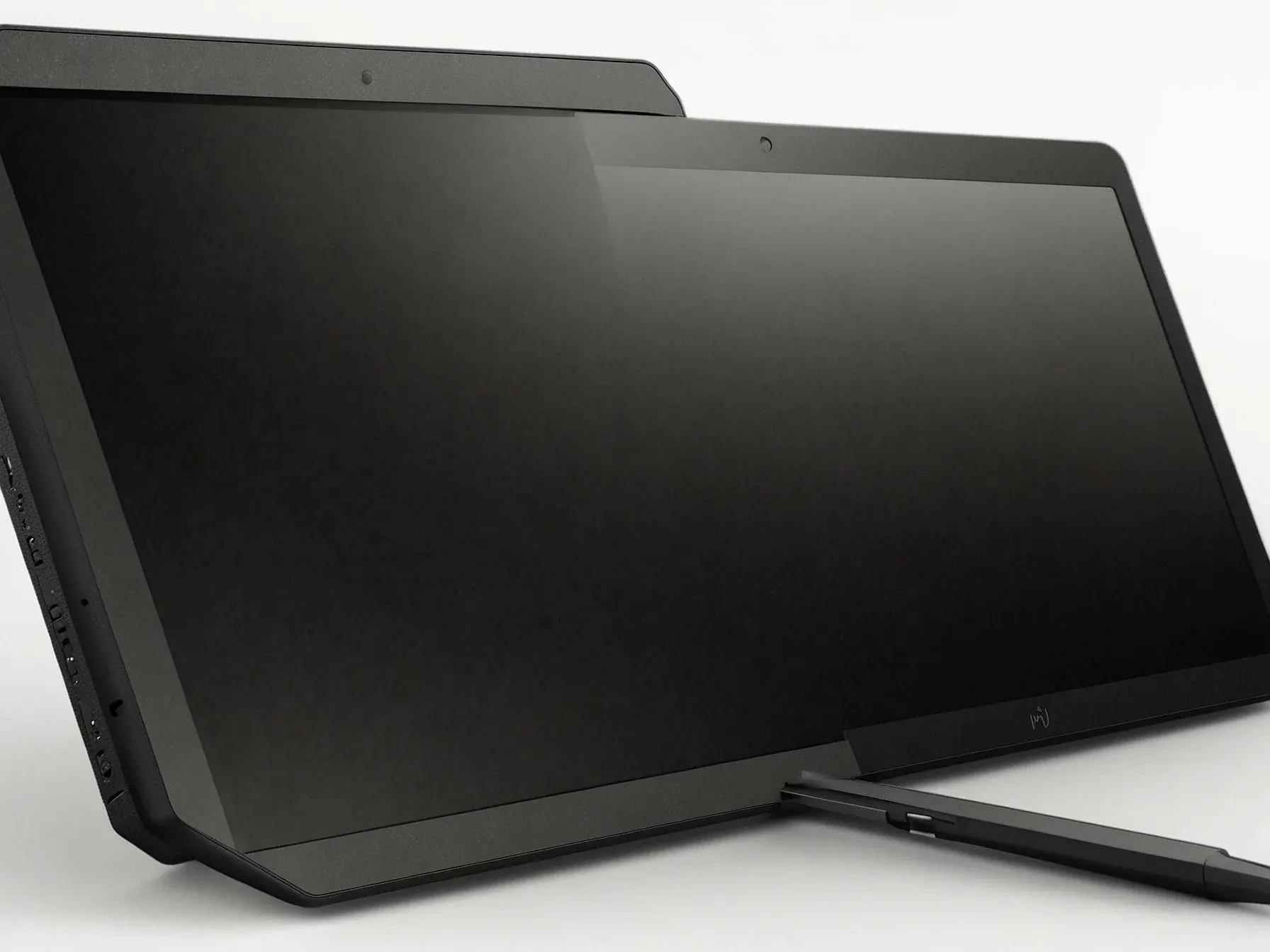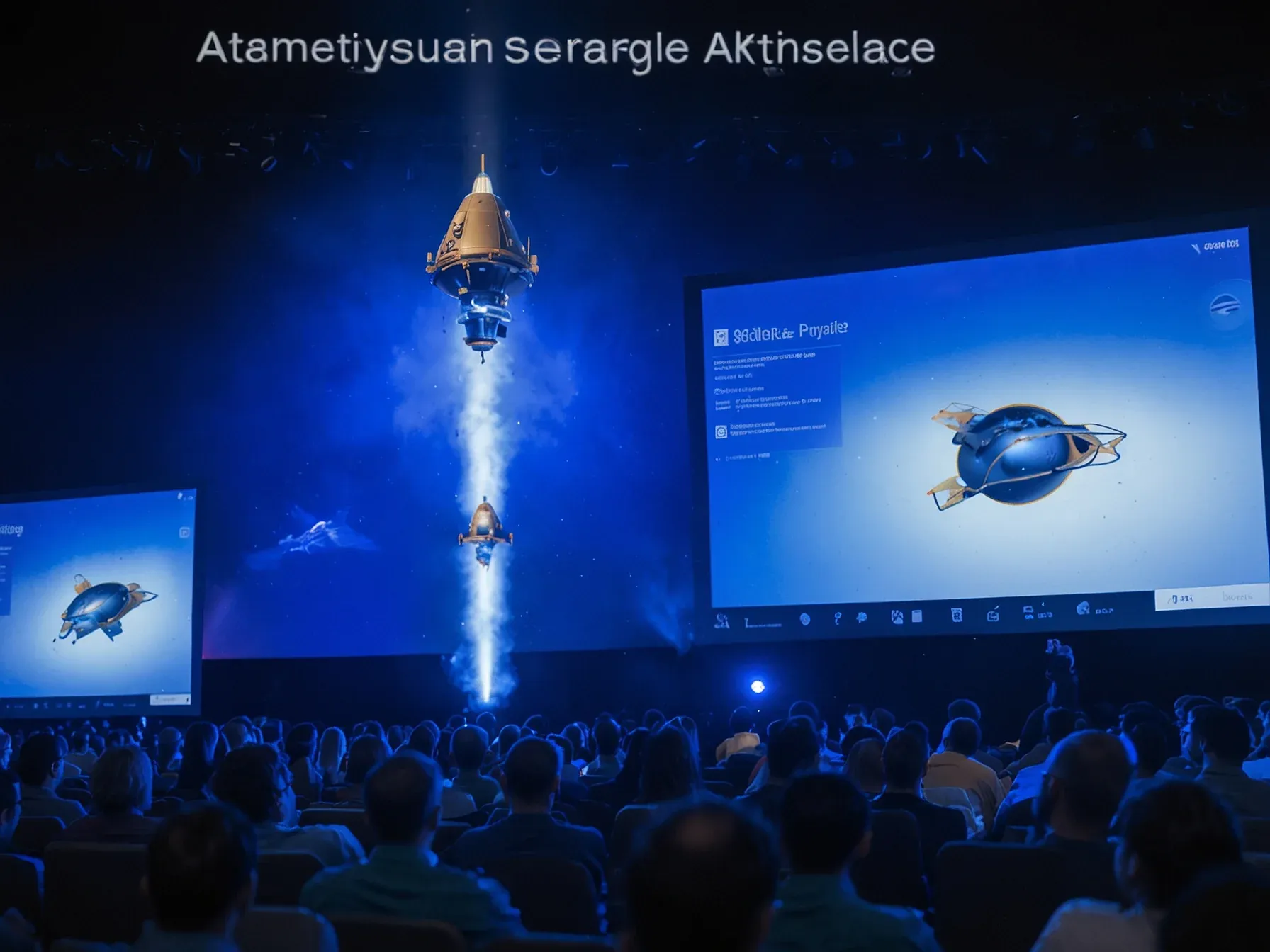
Editorial illustration for Suno AI Adds Drums and Vocals, CEO Reveals Prompt Engagement Surge
Suno AI Adds Drums, Vocals to Music Generation Tools
Suno CEO says typing prompts ‘really active’ as AI adds drums, vocals, stems
Music creation startup Suno is rapidly evolving its AI capabilities, pushing beyond simple text-to-song generation. The company's latest update signals a significant leap in creative control, with new features that let musicians and hobbyists manipulate AI-generated tracks in unusual ways.
Suno's CEO recently highlighted growing user engagement, suggesting the platform's prompt-based creation tool is gaining serious traction. The breakthrough isn't just about generating songs anymore, it's about giving creators granular control over their AI-produced music.
The most intriguing development? Suno can now automatically generate complex musical elements like drums and vocal tracks. This isn't just incremental improvement; it's a fundamental shift in how AI might transform music production.
Buried in the technical details is a hint of something more profound: the ability to deconstruct and reassemble AI-generated music could revolutionize how artists interact with artificial creativity. But here's the real question: what does this mean for musicians navigating this emerging landscape?
But it can also generate drum and vocal tracks completely from its AI model. In fact, it seems primarily designed for deep dive editing and stem separation of songs you've already created using Suno's prompt-based Create. And while chopping up AI-created tracks to fine-tune a song is certainly more involved than simply pressing a button and accepting whatever Suno v5 spits out, I wouldn't call it "really active." So maybe Shulman simply means that Suno Studio is accomplishing the company's stated goal of bringing "interactive music tools to the average person." Well, to gain access to Suno Studio, you need to shell out for a Premier plan, which starts at $24 a month, or $288 a year.
Suno's latest AI update hints at a more nuanced music creation landscape. The platform now offers deeper track manipulation, allowing users to generate and edit drum and vocal tracks directly through its AI model.
While CEO claims of "really active" prompt engagement seem slightly overstated, the technology suggests increasing complexity in AI music generation. Users can now dive into more granular song editing, separating and refining stems beyond initial AI-generated outputs.
The development signals a shift from simple one-click music creation to a more interactive production process. Suno appears focused on giving creators more control, enabling them to chop, modify, and fine-tune AI-generated tracks with greater precision.
Still, questions remain about the depth of these editing capabilities. How smoothly can musicians truly customize AI-created music? The platform's ability to generate entire drum and vocal tracks autonomously is intriguing, yet the real test will be in the hands of creative users pushing these tools to their limits.
For now, Suno's update represents another incremental step in AI music's evolving potential.
Further Reading
- Suno CEO says typing prompts ‘really active’ as AI adds drums, vocals, stems - TechCrunch
- Suno's AI music generator gets smarter with custom prompts and stems - The Verge
- How Suno is revolutionizing music creation with advanced prompting techniques - Ars Technica
- Suno AI: From prompts to full tracks with auto-generated elements - Wired
Common Questions Answered
How are Suno's latest AI features changing music creation?
Suno's new update allows users to generate and manipulate drum and vocal tracks directly through its AI model. The platform now offers more advanced editing capabilities, enabling musicians and hobbyists to dive deeper into track manipulation and stem separation.
What improvements does Suno's AI model offer for music generation?
The latest Suno AI update introduces more sophisticated track editing features, including the ability to generate drum and vocal tracks from scratch. Users can now perform more granular song editing, moving beyond simple text-to-song generation to more complex music creation processes.
What did Suno's CEO suggest about user engagement with the platform?
Suno's CEO highlighted growing user engagement with the platform's prompt-based creation tool. While claims of 'really active' engagement might be slightly overstated, the new features suggest increasing user interest in AI-powered music generation and editing.




